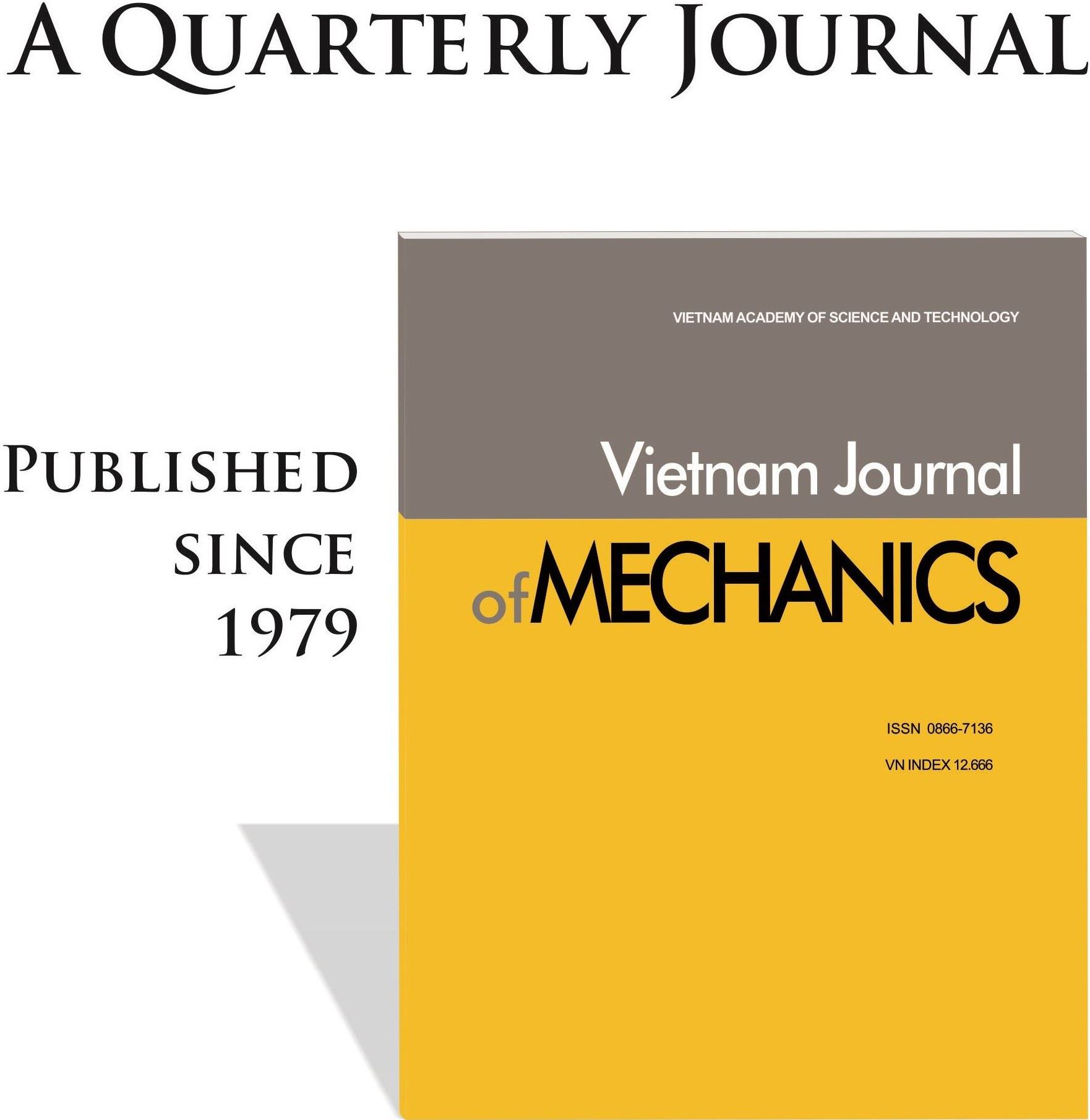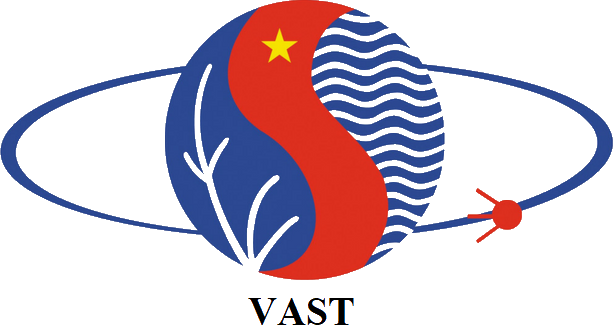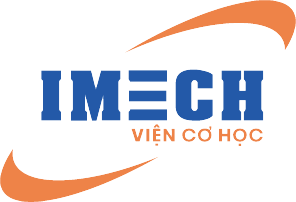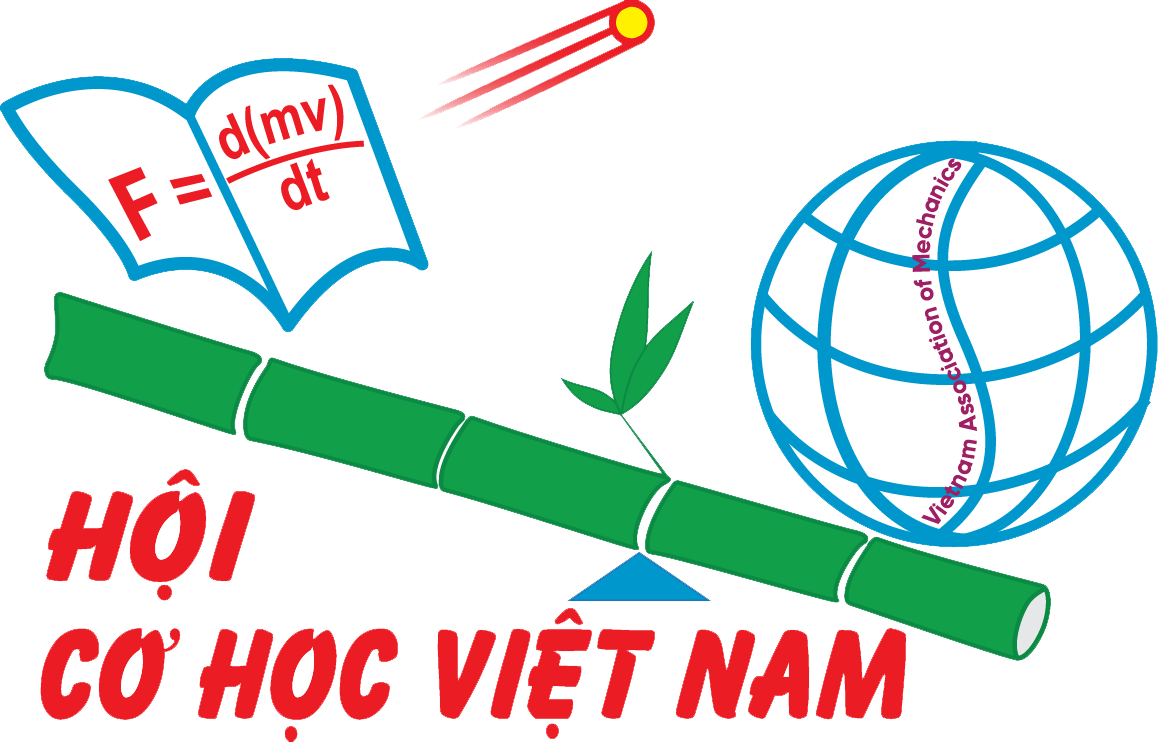An effective algorithm for reliability-based optimization of stiffened Mindlin plate
Author affiliations
DOI:
https://doi.org/10.15625/0866-7136/35/4/2832Keywords:
Stiffened plate, reliability-based optimization, sequential quadratic programming - SQP, cell-based smoothed discrete shear gap method (CS-DSG3), reliability index method, first order reliability methodAbstract
Nowadays, stiffened plates have been widely used in many branches of structural engineering such as aircraft, ships, bridges, buildings etc... In comparison with common bending plate structures, stiffened plates not only have larger bending stiffness but also use less amount of material. Hence, it usually has higher economic efficiency. However, to obtain high effectiveness in solving the design problems of the stiffened plate, the reliability-based optimization problems need to be established together with the ordinary numerical computing methods. Therefore, the paper presents an approach to establish and solve the reliability-based optimization problem for the stiffened Mindlin plate. To analyze the behavior of Mindlin plate, we use the recently proposed CS-DSG3 element. The random variables are chosen to be elastic modulus, density of mass and external force. The design variables are the thickness, the width and the height of the stiffened plate. The objective function can be the strain energy or the mass of the structure and subjected to the constraints of displacement or vibration frequency. The reliability-based optimization algorithm used in this paper is a three-step closed loop: 1) Estimating the random variables by the Reliability Index (RI) method; 2) Solving the optimization problem using Sequential Quadratic Programming (SQP) method; 3) Checking and estimating the reliability by the first-order reliability method (FORM) in which the limit state function is the limit of displacement or vibration frequency of the structure.
Downloads
Downloads
Published
How to Cite
Issue
Section
License

This work is licensed under a Creative Commons Attribution-ShareAlike 4.0 International License.









